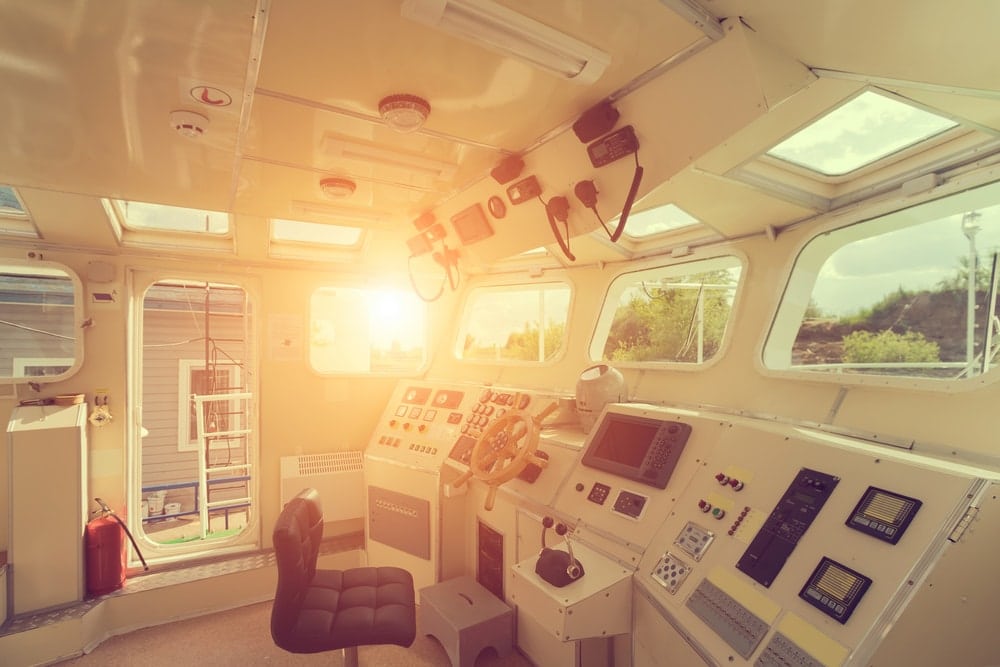When you’re planning on relaxing on the open ocean, nothing’s more inconvenient than a faulty marine electrical system. At Fine Line Marine Electric, we understand this – which is why we’ve put together this handy list of tips for diagnosing common electrical problems on yachts.
With these tips, you can safely diagnose and troubleshoot basic electrical problems, and the get professional help you need. Let’s get started.
- Check That Circuit Breaker
Got a light that won’t turn on, or an outlet that’s not delivering power to your equipment? Your first step should be to check your circuit breaker. It’s possible that it’s simply been tripped – and is currently cutting a section of your yacht off from power.
If this is the case, you can usually solve the problem by simply re-engaging the breaker. However, if one of your circuit breakers “pops” frequently, this is an indicator that there is a real problem – either with the breaker itself, or the circuit that it’s connected to.
If you have a breaker that regularly gets tripped or overheats, don’t try to force it to re-engage – get your electrical systems inspected by a professional.
- Take A Look At Your Owner’s Manual
Most owners manuals and documentation will include basic troubleshooting steps for things like electrical issues. Ideally, you should still have your owner’s manual. But if you don’t have it on-hand or you’ve lost it, you can probably still find it on the internet in a PDF format.
Keep a copy of the owner’s manual on-hand. It’s invaluable when diagnosing basic electrical problems.
- Invest In A Multimeter
A multimeter allows you to do a number of basic troubleshooting tasks on your boat. For example, using a multimeter, you can measure the performance of your onboard 12v battery, assess its condition, and determine whether or not it’s charging properly.
You can also use a multimeter to measure the amperage of a particular circuit, and see if your boat’s systems are drawing excessive power, and could be in danger of overheating.
- Keep Backup Fuses On Board – And Make Sure They’re Rated Correctly
A simple blown fuse can be a real problem when you’re out on the open water. Because of this, it’s important to always keep a selection of backup fuses on-board your yacht, in a safe and well-marked place that’s not exposed to the elements.
In addition, you’ll want to make sure that you’re using fuses that are rated correctly for your yacht. Fuses should not be running at 100% of their rated value for a long time – they could overheat and cause an onboard fire. Ideally, a fuse should never exceed 80% of its rated amperage. This ensures that it can handle a slightly higher load without failing and damaging your electrical systems.
- Know When You’re Out Of Your Depth
Electrical systems are dangerous and complex. In a pinch, it’s good to be able to do basic troubleshooting tasks on your own, but you shouldn’t be afraid to turn to professionals if you’re out of your depth.
This is especially true if you’re experiencing issues with AC power – from shore power connections, generators, or inverters. AC power can kill you, and even high-voltage DC equipment can cause serious injuries.
If you’re having problems with your yacht’s power systems and you’re not equipped to fix them yourself, contact a qualified marine electrician. Better safe than sorry!
Keep Your Yacht’s Electrical Systems In Tip-Top Shape!
With these basic tips and troubleshooting techniques, you can easily address common issues like blown fuses, tripped circuit breakers, and dead 12v batteries. And if you need further help fixing or maintaining the electrical systems of your yacht, get in touch with Fine Line Marine Electric.
Our teams of experienced marine electrical engineers can help you solve even the most complex and dangerous issues with your boat. So turn to us if you’re having electrical issues – and get back on the water ASAP!
